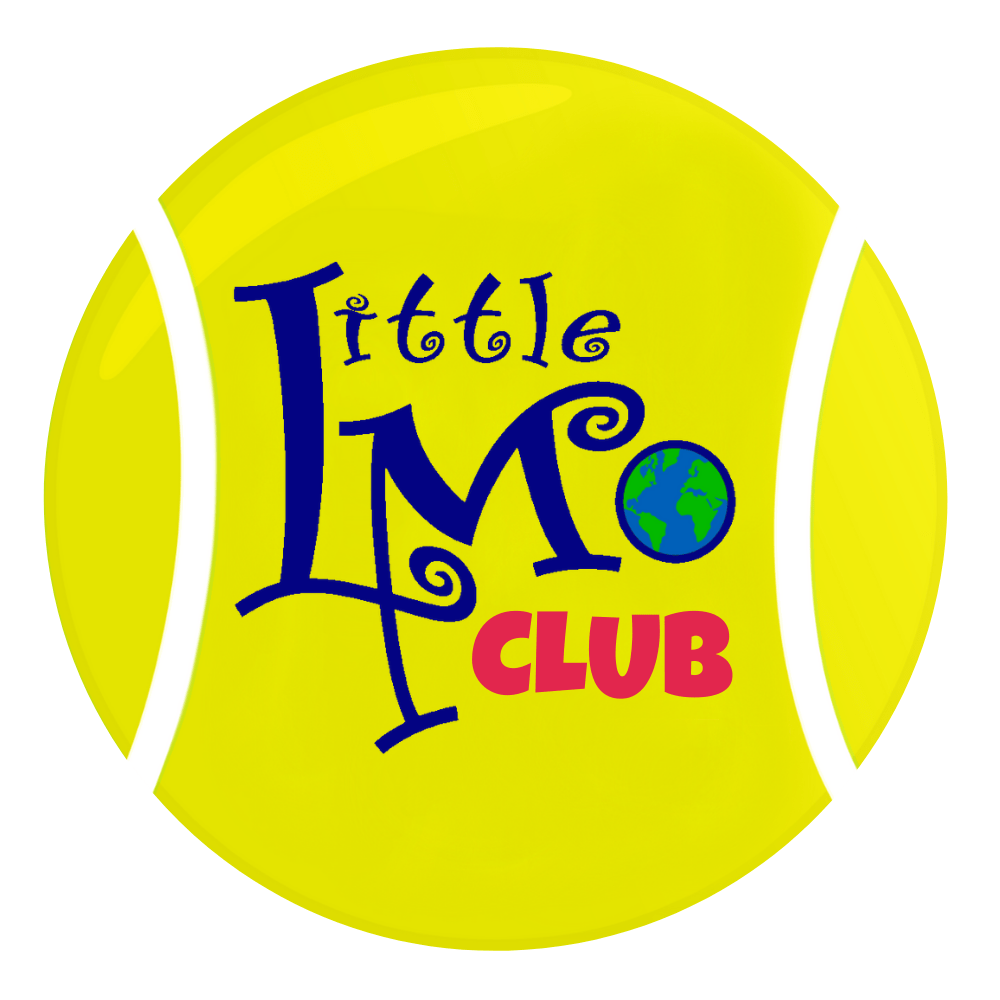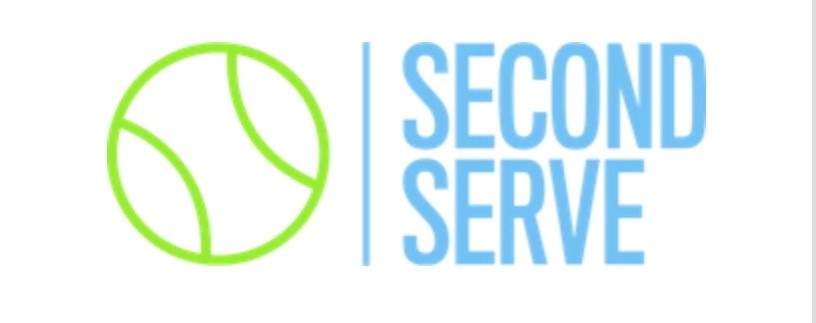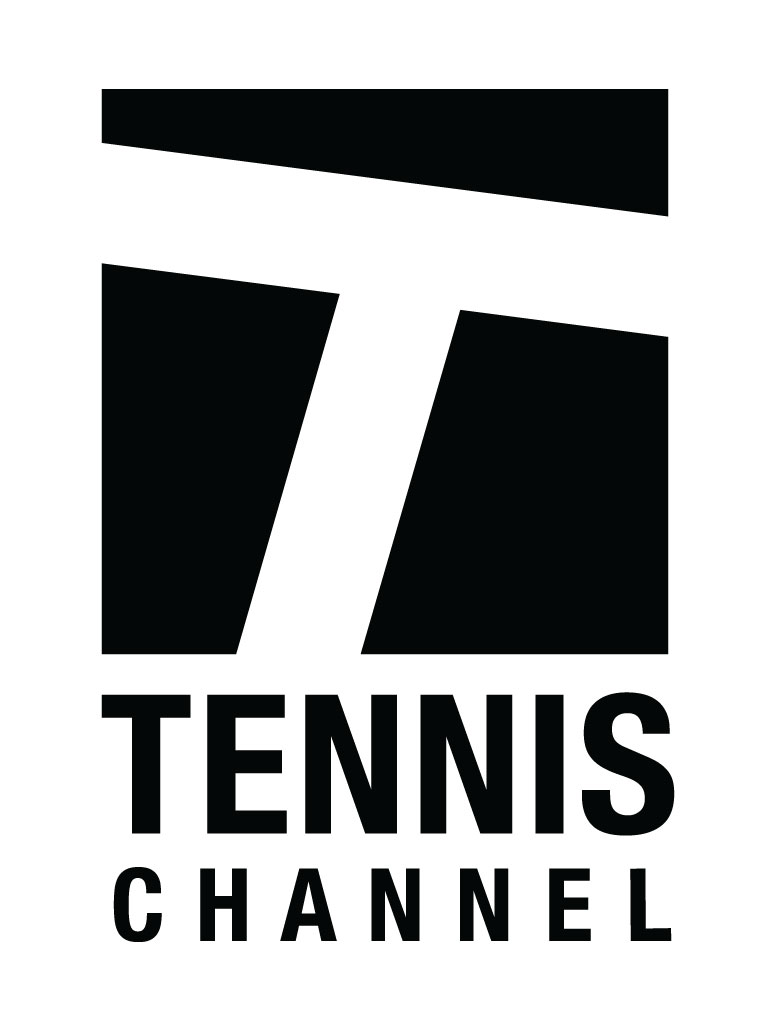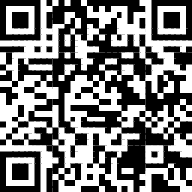High School Tennis: The Sleeping Giant
Up Next
Simplifying TenicityThe following was written by ParentingAces contributor Bill Patton and posted here with his permission. Please share with any high school tennis coaches in your circle.
High School tennis is the sleeping giant of player development in the U.S. We know that a small fraction of high school players are going to be college tennis players, a much smaller fraction will be division one college players, and while we believe it’s still always a possibility, very few high school players will become professionals at any level. So why are so many people teaching to this very small segment? At USATennisCoach we will strive to discover undiscovered talent, but we are much more concerned with helping players to become lifelong players and move their way up to 4.5/5.0 levels. We also want to help players achieve the dream of playing in college. We want to spur on high school coaches to have a vision for player development that develops character in every player.
One of the largest factors in waking up the giant of high school tennis is the effective leadership of the high school coach. How can high school tennis coaches lead collaboration for the good of educational outcomes of their players, not only on their teams, but also reaching players in their league and region? It all starts with respect.
USATennisCoach’s founders Styrling Strother, and myself, Bill Patton, have tremendous respect for high school tennis coaches who give so much time and earn so little money for their dedication. We want to show a strong example of collaboration, with articles like this one, to reach those who really care about the health and growth of tennis in the United States and even around the world through team tennis.
So first, we start with self-respect. The coach really needs to know how valuable they are to the process, and create a vision for how they want their program to be. It would be awesome if everyone from the tennis community also showed respect to the coach, simply as a matter of human courtesy. Where anyone would bring the commitment and effort to improve the lives of young people through this sport, those efforts need to be acknowledged. Recently, I sat with Robert Lansdorp in preparation for writing a book with him. He said something remarkable, “I get these phone calls that say ‘I know you only work with the best but…’, but really I work with anyone who makes the commitment and puts the effort into it.” So, if the legendary coach who developed 4 players who later became #1 in the world can do that, it’s a great example to anyone. He later told the story of a beginner player who was overweight, who came to him for lessons and 6 months later she made the varsity team on one of the toughest high school teams in the state of California. So, if every stakeholder can look at every other stakeholder and commit to work with anyone else who makes a commitment and effort, that’s the start. What we do with our respect may be a little more uncomfortable.
It can sometimes be an uncomfortable experience to really listen to someone else. More and more we are bombarded with the idea that we should have a message, and that we should use every interaction and social media outlet to spread our message, what’s missing often is listening. One of the amazing truths that have come from interviewing so many great tennis coaches is that the concept of great coaches being great listeners is the common theme. We need to listen to each other. I had a parent/coach who was an assistant on a team I was coaching. She was a truly valuable asset. I told Ellen flat out that I can coach 24 players myself no problem, and it works well for the kids and me because then I don’t over coach them. I let her know that I tend not to delegate. She was a great observer of the program. At times we agreed that she, as a good 4.5 level player, could be given some assignments to work with a small group of players on a certain shot, or that she could coach them on certain aspects of a strategy. As it turned out, she showed me tremendous respect by making her comments directly to me and not taking them elsewhere. The role she played was vital to our teams beating two #2 and two #1 seeds in three seasons of playoff tennis, including a sectional title from among 145 schools. I know I might not have been able to help the team do that without her.
I left that school and I had a chance to be selfish. A new coach took over and he was a casual friend, and a 3.0 level player. Immediately players were alarmed when they found out the new coach ‘is not a good player’, ‘probably doesn’t know anything’, and they came to me with these comments. I could have been the arrogant outsider expert. Instead, I told those players, “He is a friend of mine, he is really smart, give him a chance, get to know him, and learn to trust him.” Why are we ever tempted to undermine someone’s authority? We would not want it done to us, so why would we do it? As a result I reached out to the coach, asked him if he wanted me to give him some pointers about the team and who they are and what they do. He said yes, and I left out the part about them calling me. So I wrote up an email with a player profile for each player, offering that if he wanted any other assistance I could help as needed. So, for the good of the kids I still cared about, and to help build a relationship with a casual friend, I did that. Where the year before our team had upset a #7, and a #2 seed, his team entered the playoffs as the #1 seed. They followed through and won the section routinely! Later, at a function, our friend the 3.0 coach was praised publicly in a room full of tennis professionals. He turned toward me and said, “Thank you very much, and the girls and I would like to thank Bill Patton, as the work he did in the previous year along with the incredible handoff made all this possible.” I was floored. I did not really want that attention, as in reality the attitude of the coach and the girls were the top factor in their success. I was grateful to receive that praise. The main point here is that when we all put our natural selfish desires aside to truly collaborate, then great things really can happen, and it doesn’t often mean a championship trophy, but a championship of the heart season.
No matter how a team finishes, the essential experience is improvement. Do the coaches, parents and other stakeholders all agree that players should grow as people, improve their game, and become great sportspeople? That is what is essential. Other essential items are teaching and training in a way that creates the best possible outcomes in such a short season. As referenced above, too many coaches are seeking information about teaching a world-class stroke to players who will never be professional players. What they should do is make that player a better athlete, help them learn mental strength and flexibility, build a team community, and teach strategies and tactics that win at the high school level. USATennisCoach is valid and relevant in this area. Our materials and testing draw rave reviews for being on target for what coaches really need to succeed. In fact, many highly seasoned high school coaches who are also certified tennis professionals have been surprised by the shift in philosophy they experienced.
We want to empower all coaches to be the leader of their team programs regardless of whether they play tennis, are a NTRP player who coaches as a hobby, or are seasoned certified Tennis Professionals. Leaders have vision, create a structure and goals, and then can consult with those who have an area of expertise outside their own to add to the program. I once had a 7 time AAU National Champion wrestler who also won an Olympic medal come and speak to my tennis team about what it takes to be a champion. I had thought this was a risk to how the kids would view me in comparison, but they loved it. They loved that I took the time to stop and share someone who was incredible with them. It cemented my authority with my players. That year we won the first league title in 26 years at that school.
We know that not everyone is going to collaborate, so we are here for you if you are feeling stuck. Bill will give a 20-minute coaching session to anyone who wants to discover how to collaborate with a coach within the community of tennis.
USATennisCoach, LLC is a company that educates, certifies, mentors and collaborates with team tennis coaches. Our main thrust in 2016 is to work with high school tennis coaches in the U.S. [email protected]












